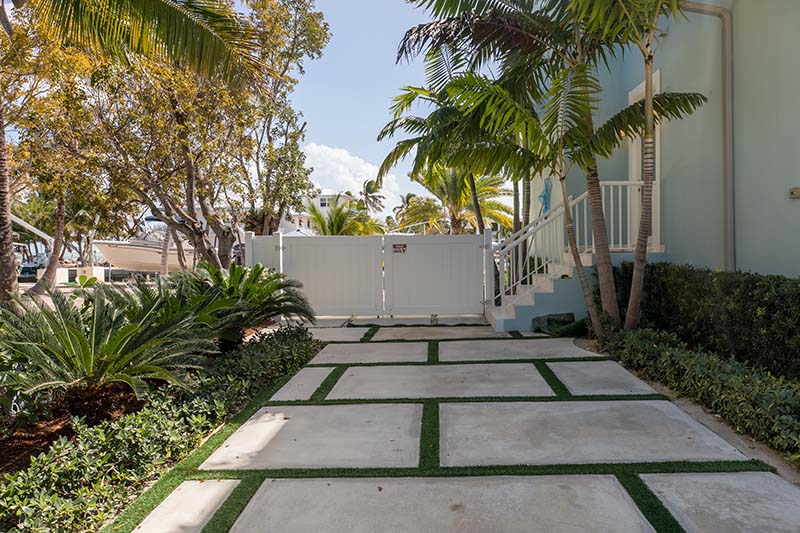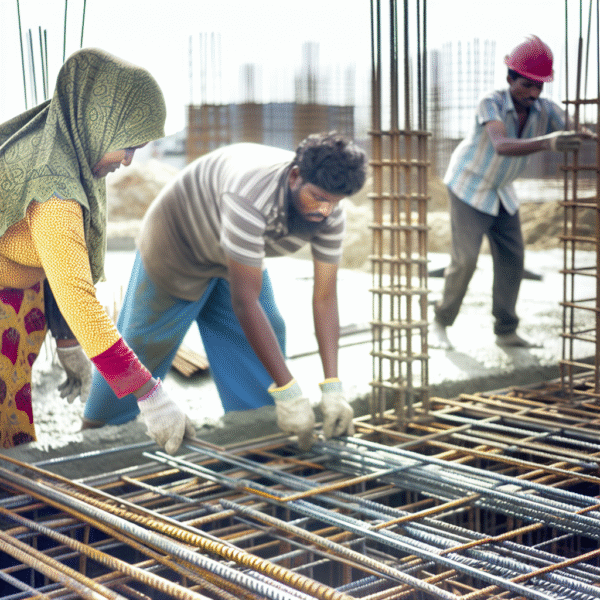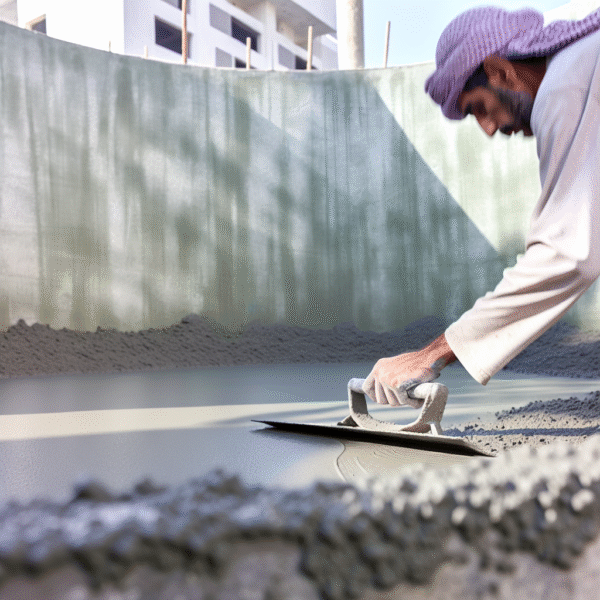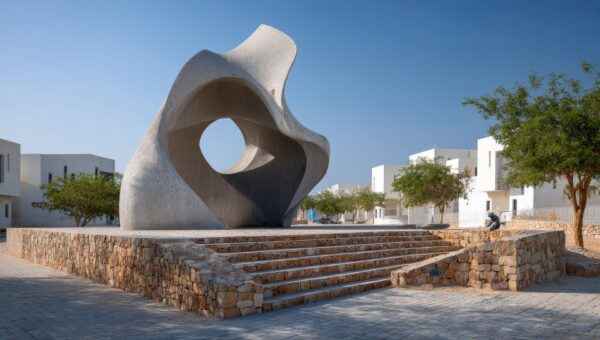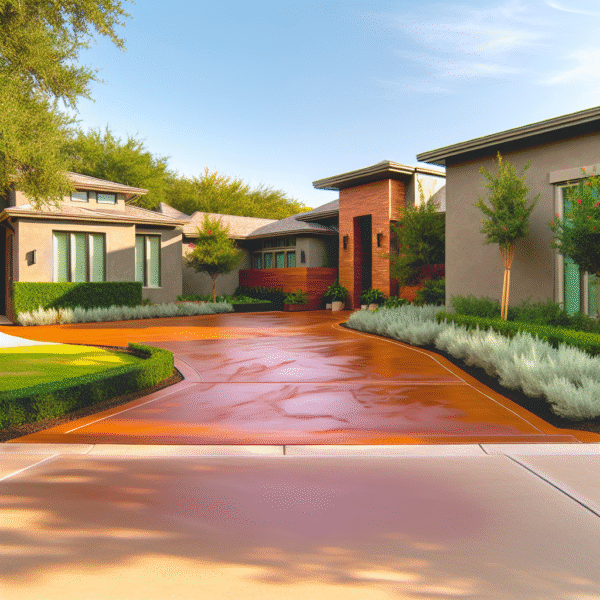Precast concrete plays a vital role in shaping the spaces that define your favorite travel moments. Whether you’re zip-lining through the Blue Ridge Mountains, exploring Spanish missions in San Antonio, or strolling through a neighborhood park, precast concrete is often right beneath your feet—supporting safe, sustainable, and beautiful environments. Recognizing it adds a new layer of appreciation to your family trips, solo escapes, and outdoor adventures.
What Is Precast Concrete and Why It Enhances Travel
Precast concrete is a construction material created by casting concrete in a reusable mold, curing it in a controlled setting, and transporting it to the final site. This method allows for consistent quality, faster installation, and reduced environmental impact. For travelers, that means dependable structures at airports, hiking trails, and cultural attractions—built to last and designed to impress.
Unlike traditional concrete poured on-site, precast concrete components arrive ready to install. This minimizes construction time and increases durability. You benefit from safer pedestrian paths, visually striking buildings, and infrastructure that stays accessible even during maintenance or upgrades.
Coastal Experiences Supported by Precast Concrete
In coastal cities, precast concrete ensures safety and longevity against challenging conditions. Galveston’s Historic Pleasure Pier stands tall thanks to corrosion-resistant precast supports, holding strong amid salt air and heavy foot traffic. Similarly, Hawaii’s Kāne‘ohe Bay Pier now uses precast concrete panels, reducing maintenance needs while allowing uninterrupted access for paddlers, anglers, and families year-round.
How Precast Concrete Makes Nature Accessible
In natural settings like Colorado’s Maroon Bells or Tennessee’s Smoky Mountains, precast concrete makes trail systems and bridges safer. Denver’s High Line Canal Trail Footbridge relies on precast girders to maintain park access, even during repairs. Designs often mirror natural surroundings—for example, at Red Rock Canyon National Conservation Area, select bridges blend seamlessly into the desertscape.
Because precast components are installed quickly, trails aren’t closed for long, making them ideal for travelers eager to explore without detours. The lack of disruption keeps nature trips smooth and visitor-friendly.
Cultural Landmarks Built for the Future
Precast concrete helps preserve and enhance some of our most beloved cultural destinations. In Dallas, the Perot Museum of Nature and Science features innovative precast façade panels that regulate temperature and reduce energy use. Inside and out, the building offers an educational experience built on modern engineering.
Washington D.C.’s Martin Luther King Jr. Memorial incorporates massive preformed concrete walls designed to handle both time and traffic. Even the Smithsonian Institution uses this material in renovations, blending historical charm with seismic safety and environmental performance.
Urban Innovation Through Precast Concrete
Small cities and creative communities are rethinking public spaces with innovative precast concrete. In Boulder, Colorado, the Pearl Street Mall boasts custom pavers and curved seat walls, designed for durability and beauty. These features withstand both winter freeze-thaw cycles and constant pedestrian activity.
In Seattle, the Alki Trail hugs Elliott Bay with a combination of industrial-inspired precast walls and walkways, supporting both aesthetics and function. Whether it’s a jog, bike ride, or stroller stroll, precast design ensures comfort and accessibility all along the shoreline.
Travel Hubs Powered by Precast Strength
Modern transit hubs benefit greatly from the durability and speed of precast concrete construction. The Denver International Airport South Terminal integrates large architectural panels that combine visual appeal with seismic stability—essential in a high-traffic international hub.
Chicago’s Metra Commuter Rail uses precast platforms to minimize commuter disruption, completing upgrades overnight or during low-use hours. These improvements ensure smoother experiences for all travelers, whether you’re catching a business train or racing to make a connecting flight with the kids in tow.
Precast Concrete and Eco-Conscious Travel
Sustainability-minded travelers will be glad to know that precast concrete supports green initiatives in tourism infrastructure. Its production process reduces waste, and its thermal qualities help conserve energy in buildings. Additionally, many components include recycled materials like fly ash and slag—advancing circular economy goals.
Pittsburgh’s Center for Sustainable Landscapes at Phipps Conservatory showcases these advantages. With LEED certification and precast concrete façades that contribute to energy management, it’s a must-see for travelers passionate about eco-friendly design.
If you’re booking a hotel or museum visit, look for LEED or WELL certifications—many use precast in subtle yet powerful ways. Supporting destinations that prioritize smart materials means your travel dollars champion long-term sustainability.
Tips for Spotting Precast in the Wild
Keep an eye out for the practical beauty of precast concrete on your next adventure. It’s easier to spot than you might think:
- Check for repeating panels with clean lines on building façades and bridges—they often signal precast use.
- Notice efficient and quiet construction sites; if progress seems fast and precise, precast is probably involved.
- Ask local guides or staff about recent upgrades in parks, stations, or attractions—they might highlight work involving precast elements.
Knowing what to look for enhances your connection to the places you visit. Behind every awe-inspiring trail, smooth train ride, or artfully-modern museum lies thoughtful design—and increasingly, that design relies on precast concrete to bring safety, sustainability, and strength to your journey.
